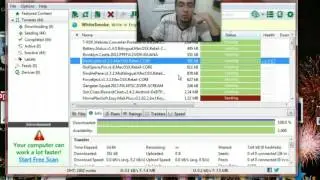python importlib import module
Download this code from
In Python, the importlib module provides a powerful and flexible way to work with imports dynamically. This can be particularly useful when you need to import modules at runtime or under certain conditions. In this tutorial, we will explore the importlib module and demonstrate how to import modules dynamically.
The importlib module was introduced in Python 3.1 and provides a programmatic interface for interacting with Python's import machinery. It allows you to perform operations such as importing modules, reloading modules, and creating and managing packages dynamically.
The import_module function from importlib is a handy tool for dynamically importing modules by name. Here's a simple example:
In this example, we use the import_module function to dynamically import the math module. The try and except blocks handle the case where the module cannot be imported.
Once you have imported a module dynamically, you can access its attributes dynamically as well. Let's extend the previous example to use a function from the dynamically imported module:
In this example, we dynamically import the math module and then use the sqrt function from that module.
The importlib module is also useful for importing from subpackages dynamically. Consider the following example:
In this example, the dynamic_import_submodule function takes a package name and a module name and imports the specified submodule dynamically.
The importlib module provides a powerful and flexible way to work with imports dynamically in Python. Whether you need to import modules at runtime, perform dynamic attribute access, or import from subpackages, importlib has you covered. This tutorial should serve as a starting point for leveraging the capabilities of importlib in your Python projects.
ChatGPT































